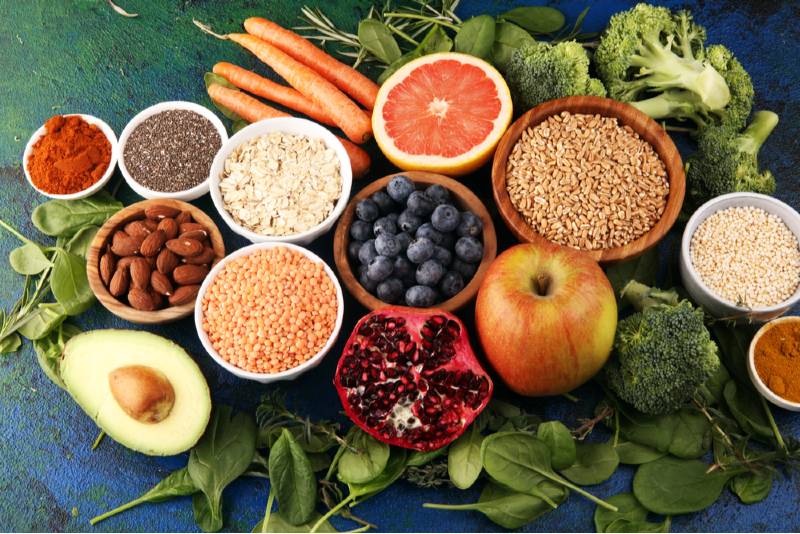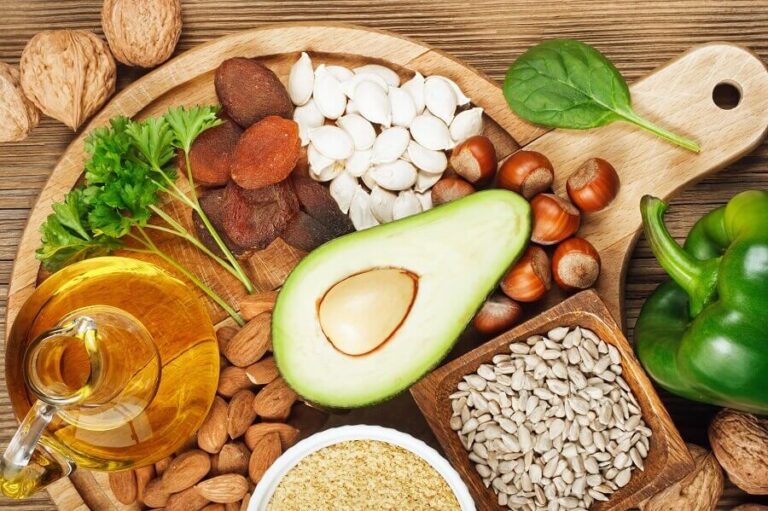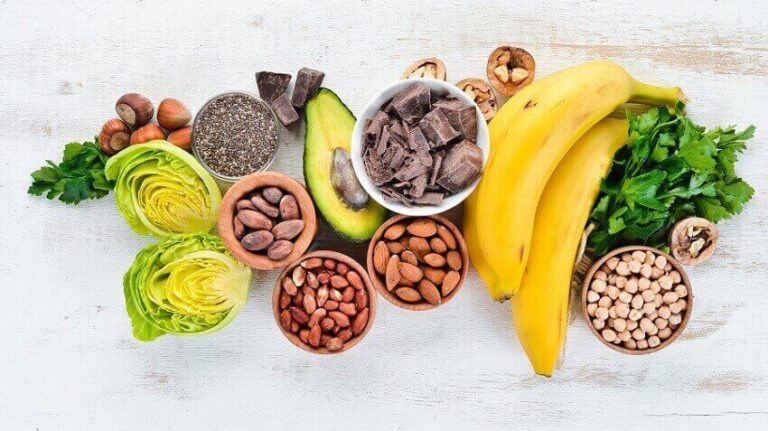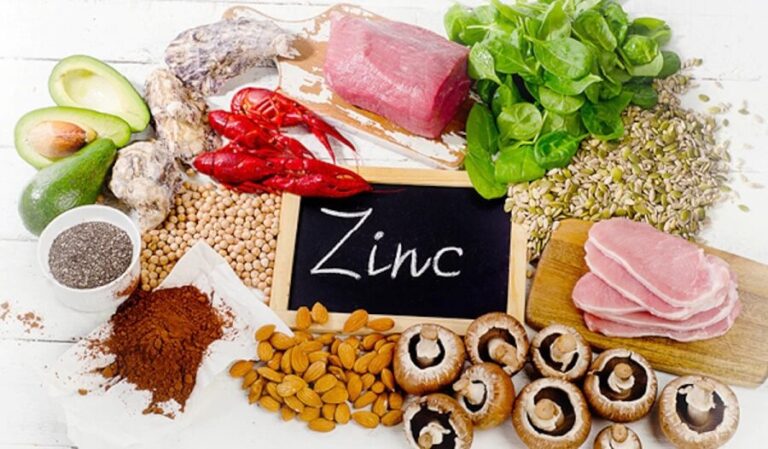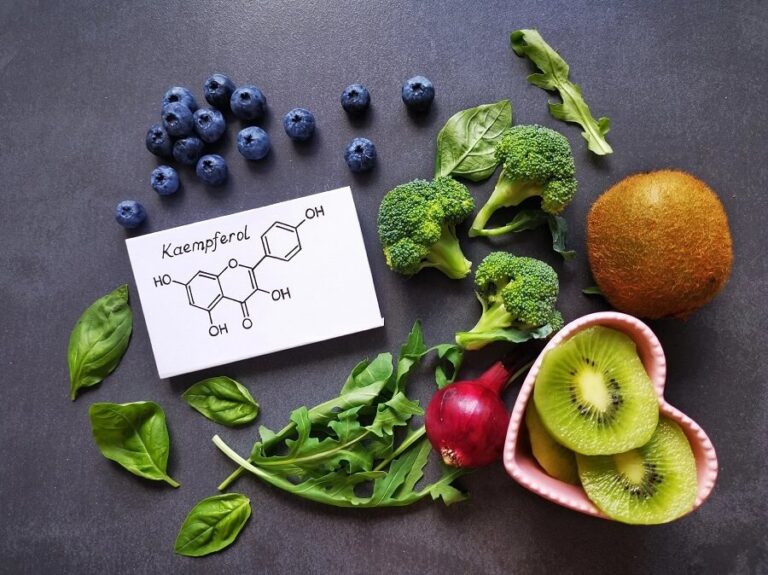Height is determined by many variables, including some that you cannot change, such as genetics, but also for those under his control, such as the nutrients: vitamins and minerals.
Today’s average height of people in Western Europe is at least 12 centimeters taller than two hundred years ago. And according to experts on the subject, this is a result of improved nutrition and quality of life. (1)
So while there are no studies to support a specific diet to grow taller, consuming all the essential vitamins your body needs daily will help ensure that you reach your maximum growth potential.
These vitamins include vitamin B1, B2, D, and C and minerals like calcium and phosphorus. Read on to find out more about which vitamins are the most important for height growth and their contribution.
RELATED: How to grow taller?
List of vitamins to grow more
First, let’s make a reservation that an increase in height is only possible during adolescence for most people. In particular, the peak of body growth in boys is observed at 13-14 years (for girls, at 11-12 years); the processes continue until the age of 18-19, and then they slow down.
But this is not all already ten years after reaching adulthood, a person’s height begins to decrease: on average, men lose up to 2.5 cm of body height in the range of 30 to 70 years, and women up to 5 cm. when they reach 80, the total loss of height can increase by 5-7.5 cm. The actual end depends substantially on the lifestyle led in your youth.
The main reason for the decrease in growth is the deterioration of the cartilage tissue of the spine, a reduction in muscle mass, and general hormonal changes in the body. Among other things, the development of osteoporosis contributes to these processes.
We know that some vitamins are essential for growth and that a balanced diet is the most straightforward and healthiest way to provide your body with the right amount of vitamins to help you grow or maintain your height. Here is a list of the vitamins and minerals the body needs to succeed:
- Vitamin D
When it comes to growing taller, vitamin D is perhaps the essential vitamin. Studies have found a direct correlation between lack of vitamin D and height and that it is one of the most frequent nutritional deficiencies. (1)
While it’s still not entirely clear how vitamin D influences height, it’s known that if you don’t get enough of it, your bones and teeth start to weaken.
In addition, vitamin D prevents rickets, which can cause bow legs, and poor posture, and helps the body absorb phosphorus and calcium essential for bone growth.
Sunlight is the primary source of vitamin D, but you can increase the amount with food. Best food sources of vitamin D: fish liver oil, fish meats, mushrooms, dairy products. Cauliflower, eggs. Supplement: (400 to 1000 IU per day)
- Vitamin B1 (Thiamine)
This vitamin helps facilitate energy utilization and helps promote growth in the body.
When there is insufficient B1, the general decrease in carbohydrate metabolism and its interconnection with the metabolism of branched-chain amino acids has serious consequences, such as a decrease in the function of the nerves. (2)
Vitamin B1 also helps maintain a healthy heart, which is necessary to provide your organs with a regular blood supply to help the body grow.
Vitamin B1 is found in whole grains like rice corn, in nuts: peanuts, pistachios, and in meat, soybeans, and sunflower seeds. Supplements: 900 – 1200 mg per day
- Vitamin B2 (riboflavin)
Providing adequate levels of vitamin B2 can help stimulate growth.
The lack of riboflavin has a profound effect on iron absorption, mitochondrial function, and the metabolism of other vitamins. In addition, this vitamin promotes the growth of skin, hair, and nails.
Vitamin B2 is found in eggs, salmon, milk, green leafy vegetables, lima beans, broccoli, and bell peppers. Interestingly, the gut microbiota of the large intestine can also be a provider of sufficient amounts of vitamin B2 for the host’s body. (3)
- Vitamin C
This vitamin C is a powerful antioxidant that stimulates the immune system. However, not everyone knows that it also increases the synthesis of collagen, which is the most abundant protein in your body.
Studies show that collagen can increase bone density and improve bone health, which could help you grow or maintain your height. (4)
Good sources of vitamin C are tomatoes, potatoes, bell peppers, citrus fruits, and berries. Combine foods rich in vitamin C with iron to improve its absorption and maximize its growth potential.
- Football
Calcium is the essential mineral for bone growth, and taking it regularly can increase the strength of your bones.
Milk and other dairy products are essential sources of calcium. Still, if you cannot consume dairy products, it can also be found in spinach, cabbages, turnip greens, almonds, bone-in sardines, broccoli, and products based on soy.
The age guidelines for calcium intake are as follows:
- 1-3 years: 500 mg of calcium
- 4-8 years: 800 mg of calcium
- 9-18 years: 1,300 mg of calcium
- 19-50: 100 to 1200 mg of calcium
Phosphorus also helps bone growth, and some of the best sources are fish, peanuts, and meat.
Malnutrition and obesity are the most important causes of growth problems
According to a study published in the Journal of Clinical Research in Pediatric Endocrinology, poverty-related malnutrition is the most important cause of stunting worldwide. (5)
“When suboptimal nutrition is continued for long periods, growth retardation occurs as the main clinical phenotype. ”- states the study.
On the other hand, in the case of developing countries, the major crisis is obesity. In response to obesity, more and more young Americans are restricting their intake of nutrients and vitamins, resulting in delayed sexual and bodily development.
In both cases, the decreased intake of nutrients, including vitamins and minerals, is insufficient to support average growth, and they are a significant health risk.
ABSTRACT
Both growth and height, health, and longevity are influenced by several factors, where nutrition and disease play a vital role.
Although genetics play an essential role and cannot be modified, Combining a balanced diet – high in vitamins – and an exercise routine that includes swimming, running, or functional training is still a good idea to stimulate growth.

